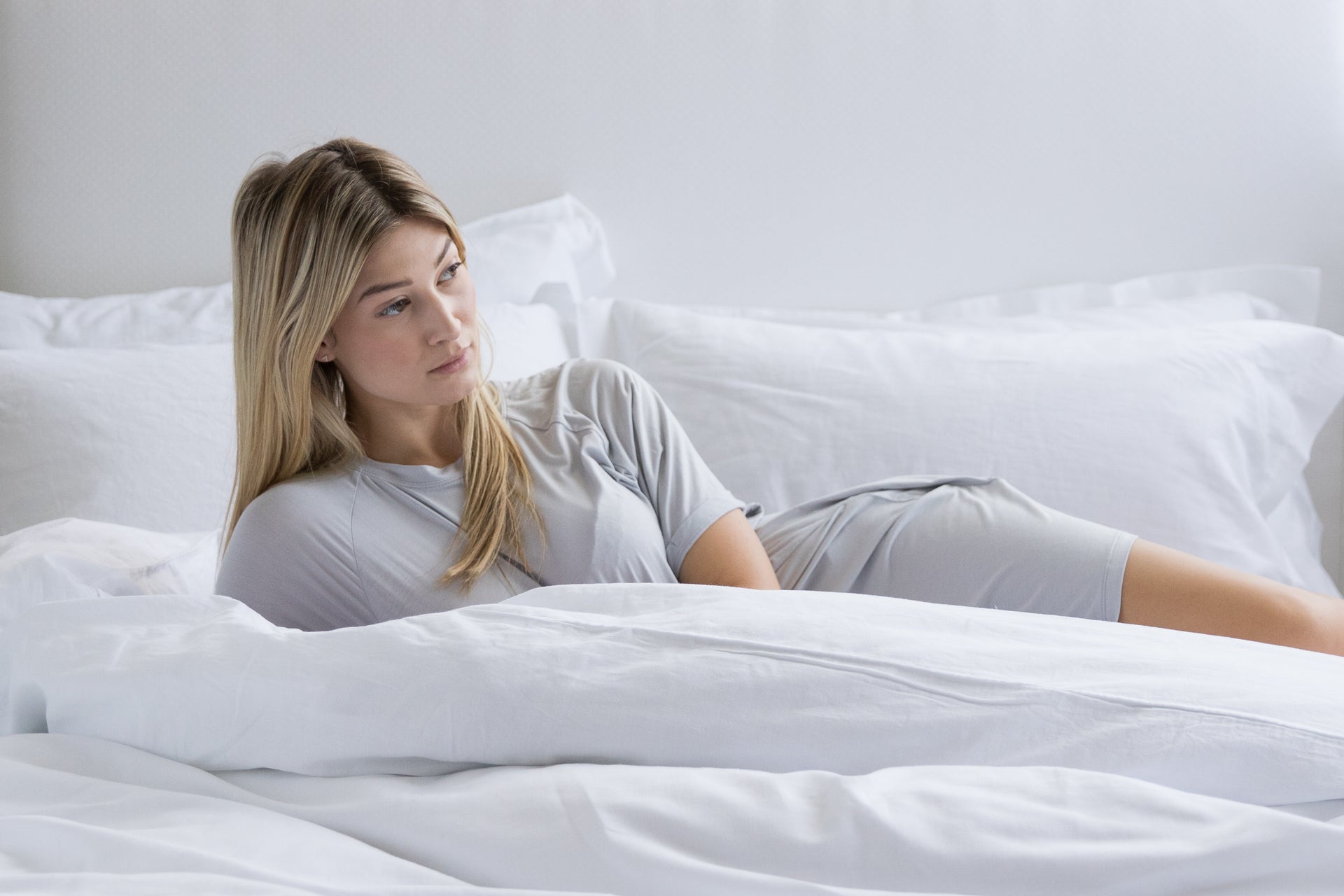|

|
We recently listened to a fascinating interview on NPR Health with Matthew Walker, who is the director of the Center for Human Sleep Science at the University of California, Berkeley. Walker shared some fascinating insights on sleep, and his findings on how lack of sleep (he defines this as six hours or fewer per night) affects our body and brain.
Walker believes that sleep deficiency is correlated with difficulties in concentration, memory and the immune system, and can even shorten our life span; he claims that almost all of the popular diseases in developed nations are causal and can be attributed to lack of sleep.
We've summed up four sleep tips below from Walker's interview for you to enjoy. You can listen to the entire interview here.
|
1. If you can't sleep, get out of bed.
|
If you have difficulties falling asleep, or wake up in the middle of the night, resist the urge to lay awake in bed reading on your iPad or scrolling through Instagram. The brain loves to make associations, and lying awake in bed will teach your brain that bed is an "awake" place, rather than a "sleepy" place.
Instead, move to a dimly lit room (devoid of all screens) and try reading a book or meditating. Only return back to your bedroom when you're very tired and can't stay awake. That way your brain re-learns the association with your bedroom being about sleep rather than wakefulness.
|
2. You can't make up for a sleep debt.
|
Think that you can get away with a few hours of sleep every night during the week and make up for it by sleeping in on the weekends? Think again.
"Sleep is not like the bank", Walker says. "You can't accumulate a debt and then try to pay it off at a later point in time."
Your body and brain need 7-8 hours per night to recharge, and by depriving it consistently of the rest it needs, it can wreak havoc on your body. You can sleep in as long as you'd like on Saturday or Sunday, but you can never get back those hours of rejuvenating sleep you missed during the week.
|
3. Caffeine alters sleep, even if you don't realize it
Many people believe that caffeine has no affect on their body; that they're able to have a post-dinner espresso and slice of chocolate cake and still have a good night's sleep.
The truth: just because you're able to fall asleep after ingesting caffeine doesn't mean that you're getting the regenerative sleep that your brain and body require. "The depth of the sleep that you have when caffeine is swilling around within the brain is not going to be as deep anymore," says Walker.
You may wake up the next morning tired and groggy, never realizing that it was that cup of coffee last night that left you feeling underslept.
4. Alcohol limits the ability to get a good night's sleep
You may think that a glass of Merlot or a glass of scotch helps you sleep, but in reality it's harming you. Walker says that there are three reasons why:
- Because alcohol is a sedative drug, you're knocking yourself out rather than falling asleep. You're removing consciousness from the brain, rather than easing into a naturalistic sleep, negating the restorative properties that natural sleep offers.
- Alcohol fragments your sleep, punctuating it with short awakenings throughout the night that you won't remember in the morning (and leaving you tired in the morning).
- Alcohol blocks your REM sleep (the deep, dream-inducing sleep) which is critical for aspects of mental health within the brain.
|





